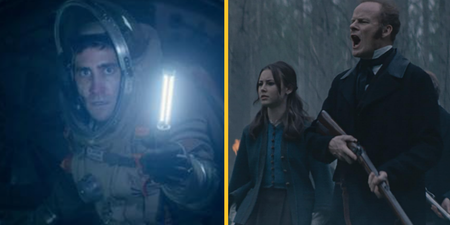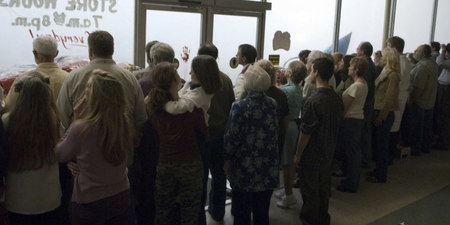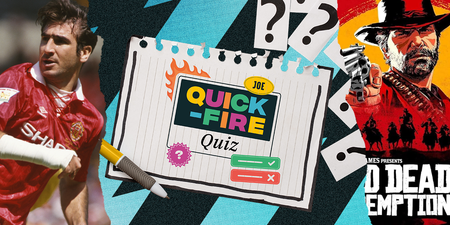You might not have seen it, or even have heard of it, but its impact is still being felt to this day.
Despite being a pretty good movie, we wouldn’t be surprised if you’ve never heard of Arbitrage.
Released in cinemas on 14 September 2012, the movie features a fairly impressive cast including Richard Gere, Susan Sarandon, Tim Roth and Brit Marling. It tells the story of a hedge fund manager (Gere) who is approaching retirement, and who appears to be the perfect husband, father and worker.
Little do his friends and family know that he is having an affair with a younger woman, and that he has personally borrowed almost half a billion dollars to cover up for an investment loss, and those lenders have come calling to collect.
Upon release, the movie was greeted with generally positive reviews (87% on Rotten Tomatoes), a Golden Globe nomination for Gere (he lost to Daniel Day-Lewis in Lincoln), and a reasonable box office return ($35.5 million from a $12 million budget).
So how did this most-likely-completely-forgotten-about Richard Gere movie change the movie-watching landscape forever?

“Opening a film simultaneously in movie theatres and as a cable and online video-on-demand offering isn’t for the faint of heart. Two-thirds of U.S. theatre owners – panicked about the further erosion of their audience – won’t even carry a film that’s getting a day-and-date release on other platforms.”
So goes the opening lines from a 2012 article in The Hollywood Reporter, detailing the surprising success story that Arbitrage had delivered, one of the first major movies to see a bigger return from PVOD platforms than it did in cinemas. A day-and-date release in cinemas and at home, the movie initially made $8 million at the box office, but $14 million from PVOD sales.
While this wasn’t the first time that a movie was released simultaneously in cinemas and for home viewing, it was the first time a major production had seen such a vast difference in where the audiences might be for their movies.
This was a full three years before Netflix released its first original movie, and Gere’s legal thriller was definitely a catalyst for how Hollywood changed its view on how movies could be delivered.
These days, we get more original films delivered directly to our streaming platforms – Netflix, Disney+, Prime Video, Apple TV+ and more each have their own slates of movies arriving each and every week – but that might not be the case if audiences hadn’t shown they were willing to pay up for at-home premieres.
“Even the theatres that did carry it were nervous about hurting the theatrical window. I’m totally sympathetic, but we’re trying to figure models that work for us. We’re not trying to kill the golden goose.”
So said Howard Cohen, co-president of the Roadhouse Pictures, who released Arbitrage. In 2012, cinema was still seen as the big money maker for Hollywood productions. A decade on, cinemas are regularly announcing financial woes, while streaming services are regularly dropping $200 million on at-home-only blockbusters, or $650 million on a series of a show.
Can any one thing be the singular cause of death of the regular release model? No. But whatever the numerous reasons might be, Richard Gere’s 2012 movie definitely helped bury the body.
Arbitrage is available to watch on Apple TV and Rakuten TV right now.
Clip via Rotten Tomatoes
LISTEN: You Must Be Jokin’ with Aideen McQueen – Faith healers, Coolock craic and Gigging as Gaeilge




















































